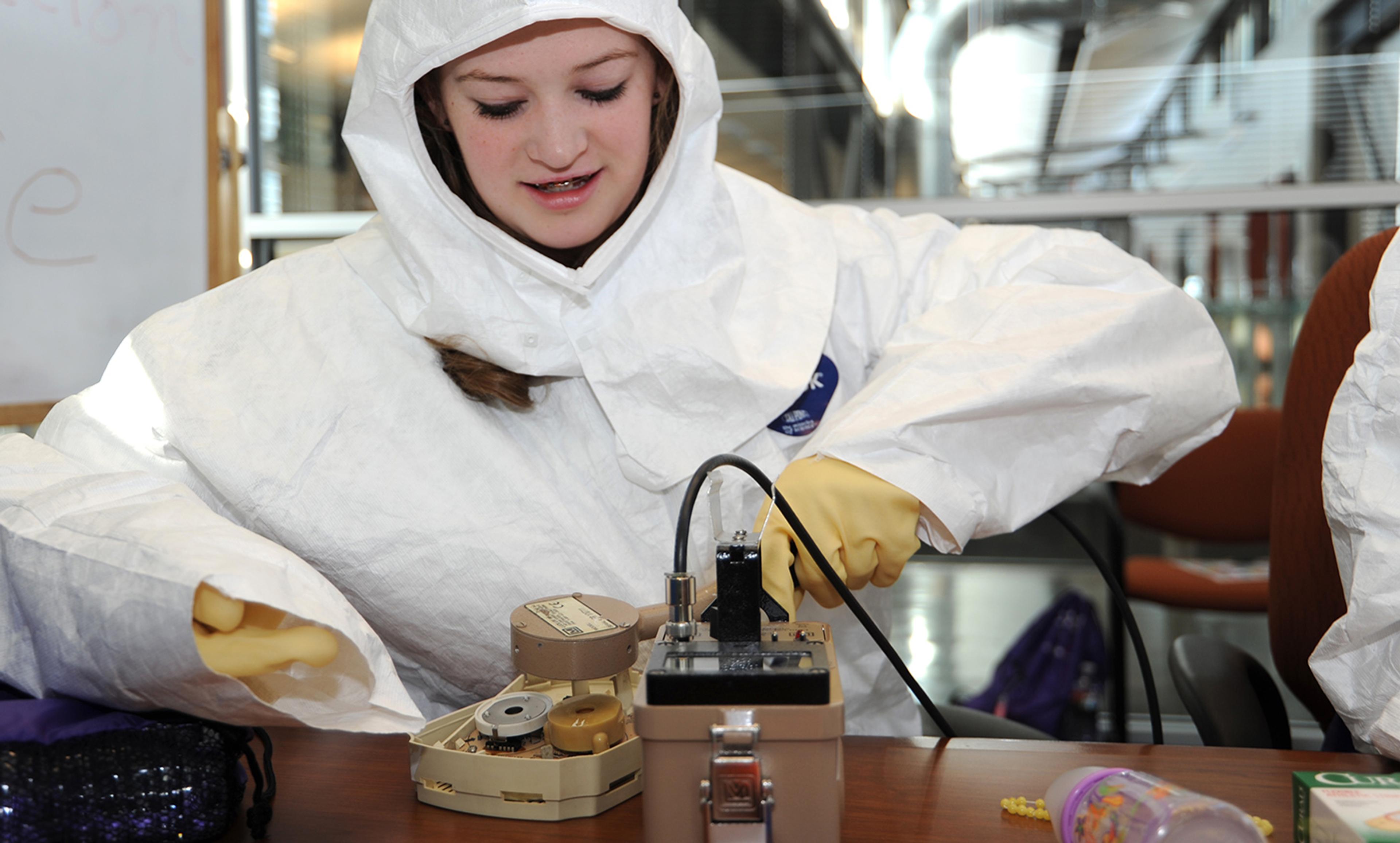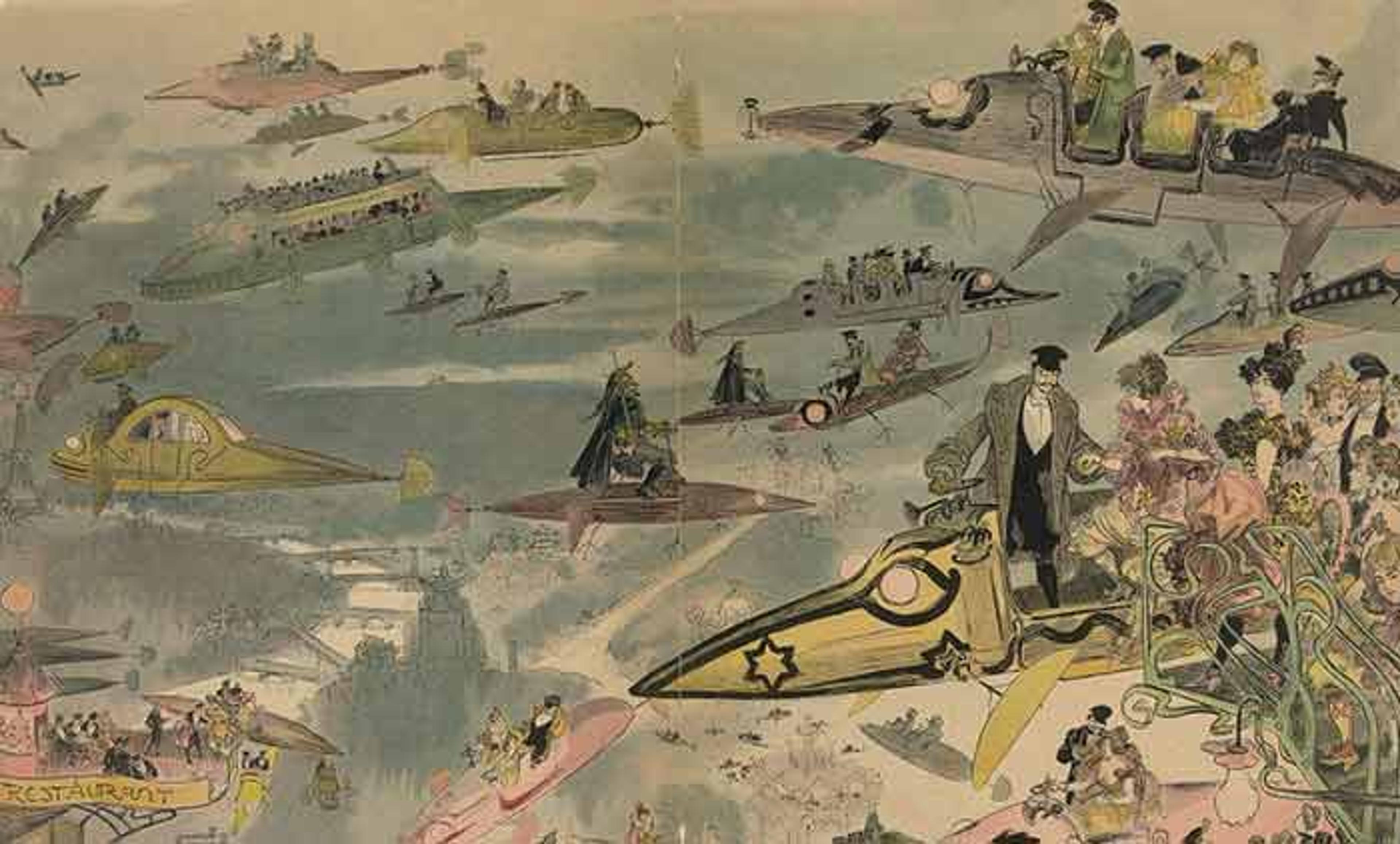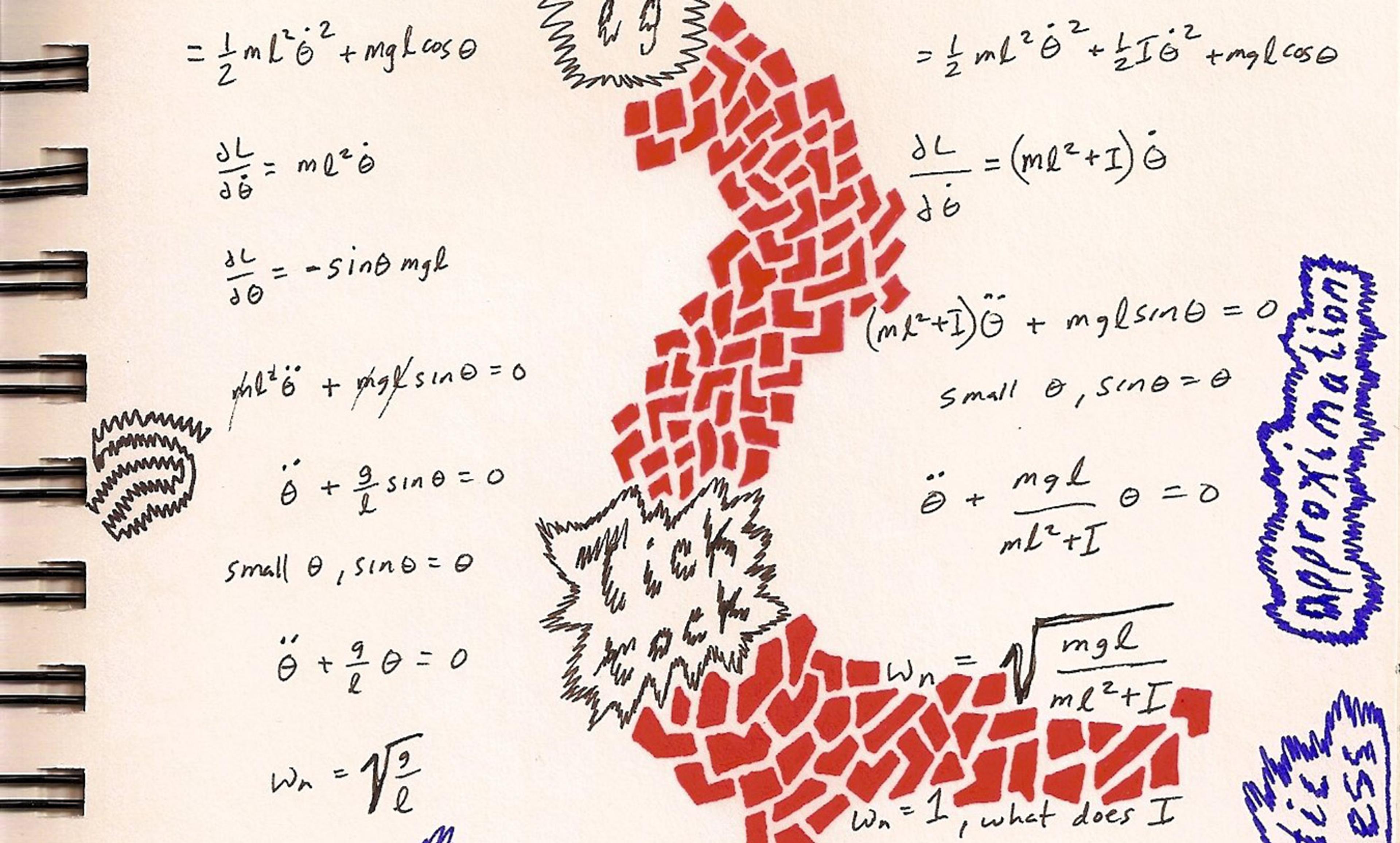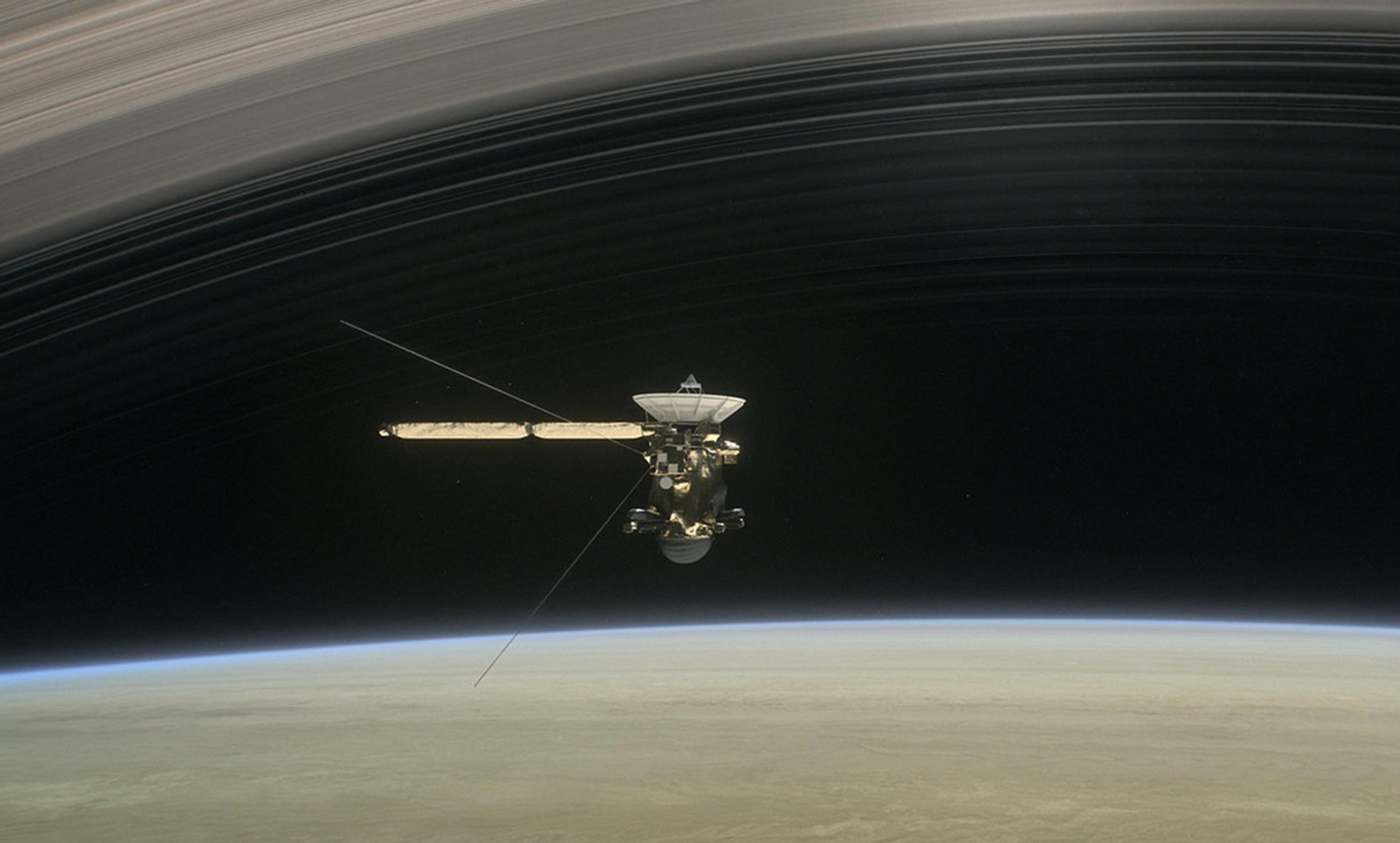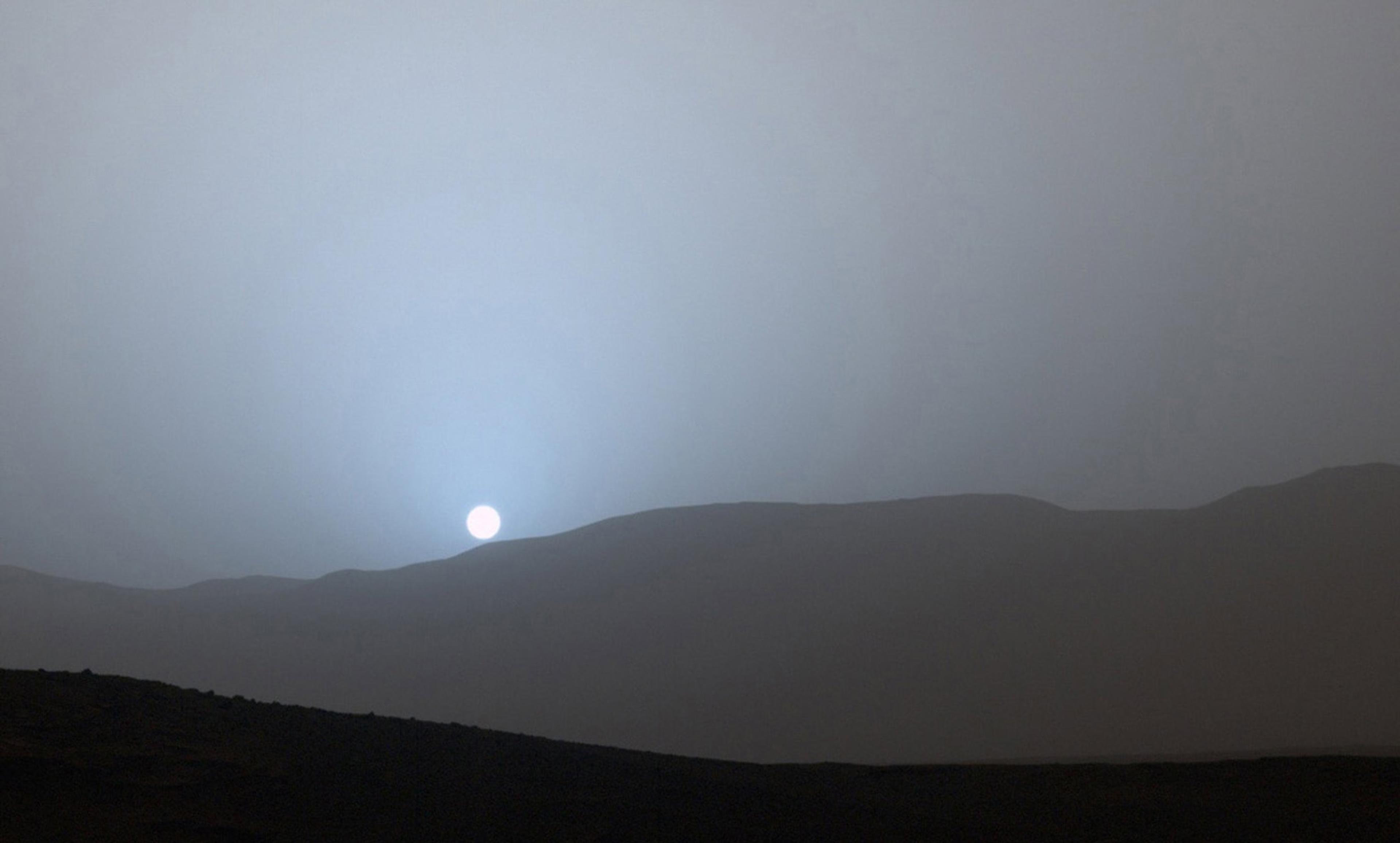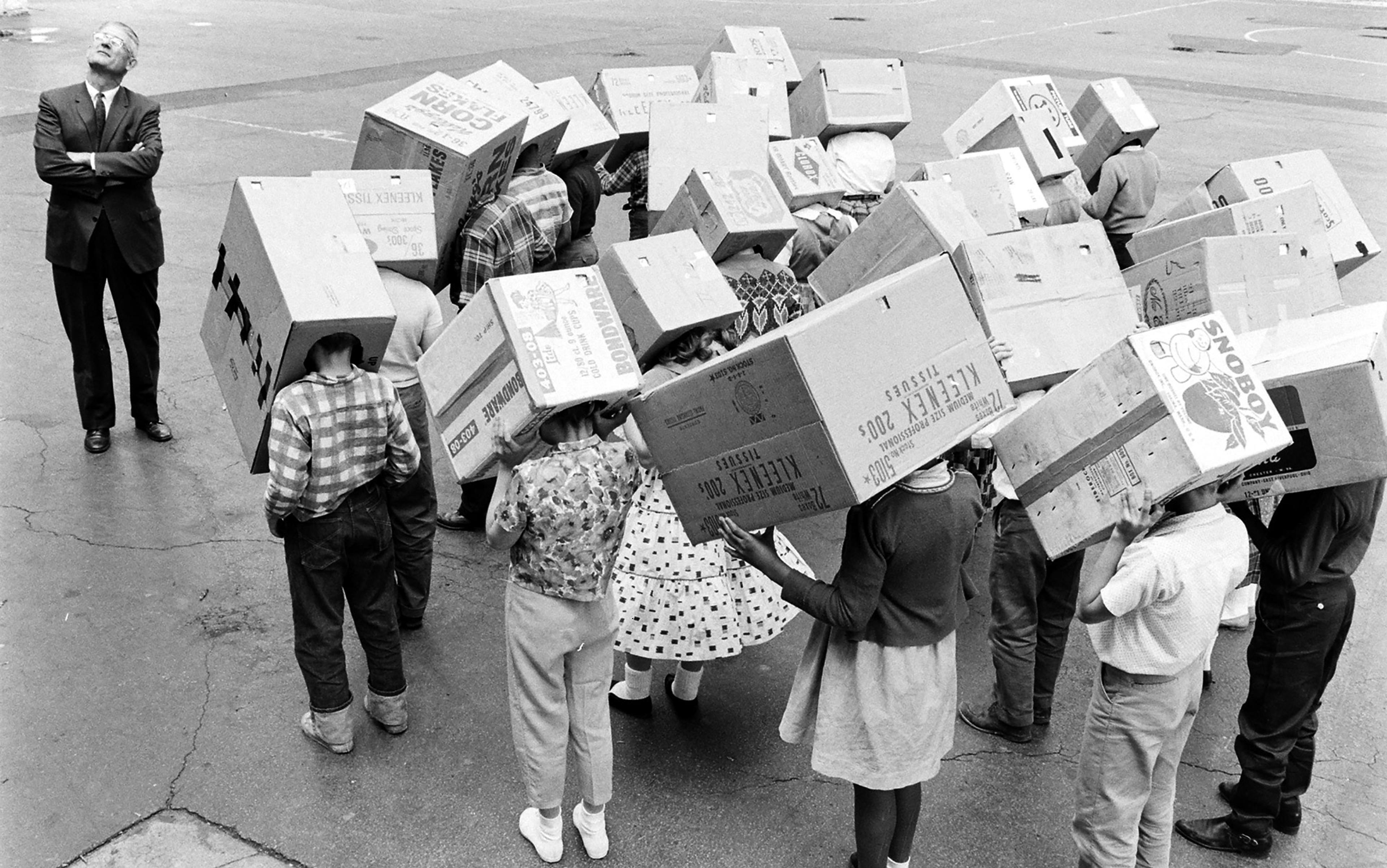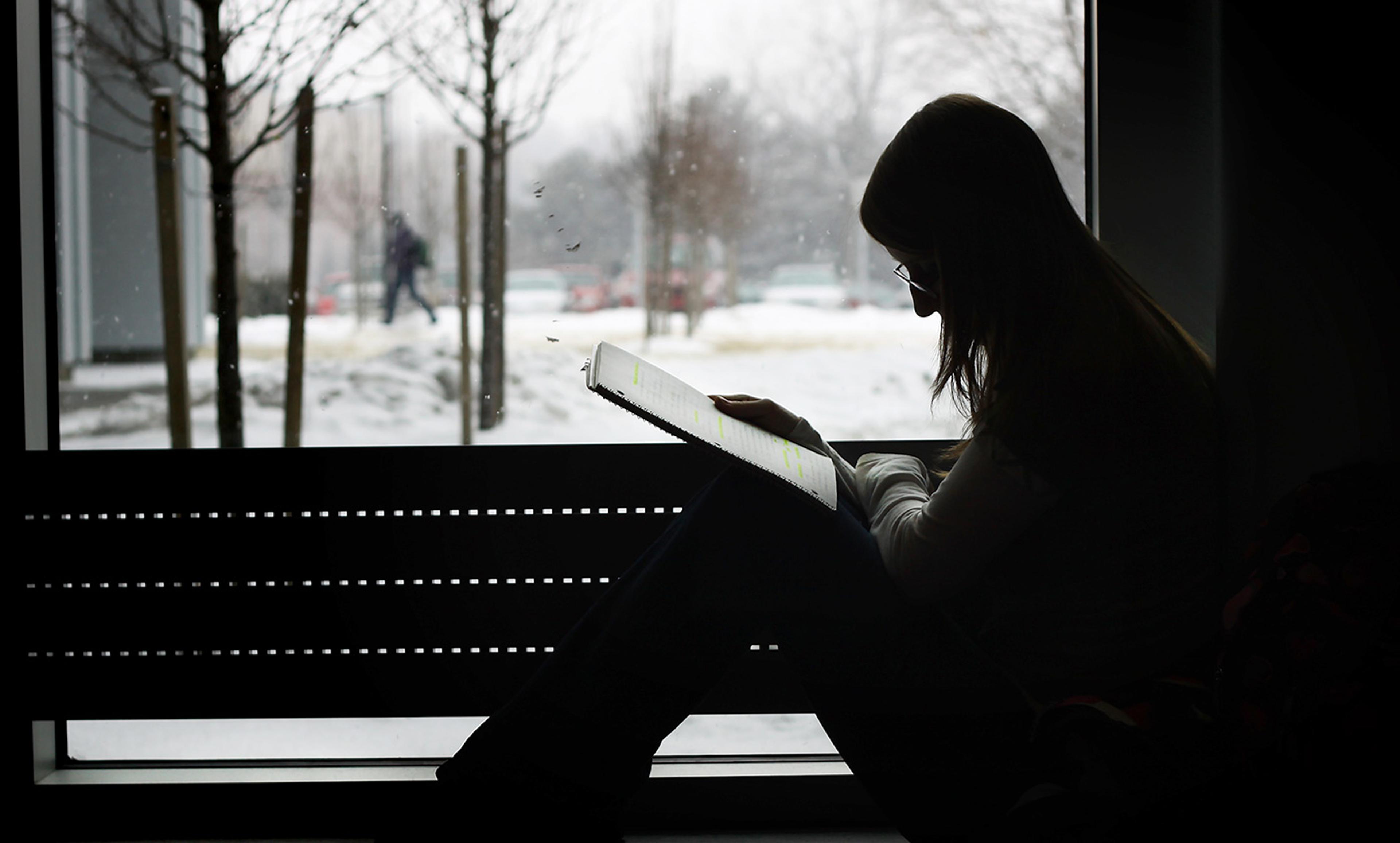Idaho National Laboratory/Flickr
The culmination of a research studentship in the United Kingdom is the ‘viva voce’ – an oral exam, essentially an open-ended discussion of your research with top academics in your area of study. In the United States, the equivalent thesis defence is more often a public talk followed by a private oral examination by a committee. Both are daunting prospects. Several years’ worth of research is summarised in your thesis. Discussing and defending it can go on for hours. If you succeed, you have a PhD. If you fail, you either have a lot more work to do before trying again, or you walk away without the qualification.
This can be a terrifying experience. I have a colleague, now a professor at a top university, who was reduced to tears when asked to make good on one of those ‘it is then simple to show…’ links between two equations, which he had unwisely left dangling somewhere in his thesis. But assuming you really did write the thesis, and that you really understood what you were writing, a realisation dawns on you at some point – perhaps even during the examination.
The realisation is: you are the expert. Not the two rather terrifying examiners, sternly circling phrases on the page to discuss. You.
You have done original research. You have discovered or derived new knowledge. You have found out things – no matter how small and insignificant they might seem in your darker moments – that no one ever knew before. Examiners circling a phrase in your thesis are most likely doing it because they don’t understand it yet, and they want you to explain. There is a confidence born in the heat of the defence.
This confidence is one major benefit of research, at least from the point of view of the researcher. It is an experience that could benefit a far wider range of people than PhD candidates, as I saw impressively demonstrated at the launch of a new project last month.
The Institute for Research In Schools (IRIS) project kicked off at the Science Museum in London with evening talks from luminaries including Sir Martin Rees, the former president of the Royal Society, and Becky Parker, the inspirational physics teacher without whom IRIS would never have got off the ground. Far more memorable, though, were the presentations from the students.
These were delivered in front of several hundred people in the Science Museum’s IMAX cinema. The students making the presentations were mostly about 17, and came from a range of backgrounds and schools. This diversity showed in their very different speaking styles, among other things. But all were able and confident, and all were clearly experts in the topics they were presenting.
All of the IRIS participants had performed original research projects. Some of the students were from Parker’s school, the Simon Langton Grammar School for Boys in Kent, which has long-standing links with CERN, the particle physics lab near Geneva where I do my own research. (The first time I met Parker was just outside CERN, in a tram full of pupils from her school who were coming for a visit.) The young researchers have been using detector technology from CERN to measure Earth’s surface radioactivity, and also the radioactive bombardment the planet continually receives from space. They do this using a device called the Langton Ultimate Cosmic ray Intensity Detector (LUCID) – a student-designed instrument built by Surrey Satellite Technology Ltd – which has been launched on a satellite and now orbits Earth, sending back data to the school.
At the Science Museum, there were other talks on research projects from different schools and schemes. Students from St Paul’s Way Trust School in east London presented research on diabetes in their local community, sponsored by the Wellcome Trust’s ‘Authentic Biology’ programme; there was an award-winning project on the early diagnosis of Alzheimer’s disease; and another project on simulating dark matter in the Universe. Many student efforts with IRIS have led to scientific publications, and all have broken new ground. In all cases, the students are the experts, and seem happy to explain their work to anyone, no matter how eminent they might be.
Apart from the obvious sense of achievement and confidence shown by the students, another beautiful thing about the evening was their intellectual approach. The research on display was fearlessly interdisciplinary. Scientists inevitably specialise as they progress through a career. That’s okay; specialisation is useful in pushing knowledge in focused directions. But to solve a research problem, it is often beneficial to draw in techniques and knowledge from a wide variety of specialities. The pupils, too early in their careers to be conditioned as biologists, physicists, engineers etc, don’t care what discipline might ‘own’ the knowledge they need in order to solve their problem. They just go and get it. There was also a similar disregard for any boundaries between basic and applied research.
Of course, high-school students don’t have the breadth of knowledge that a veteran researcher can bring. These students were aided by experienced guides who know the context and ‘the literature’ of previous research in the field. Part of the goal of IRIS is to make such support more widely available. But the results achieved by the programme so far show that a newcomer can immediately make important, unique contributions by focusing his or her effort at a point.
When you have done that, you gain a more resilient confidence than you can get from the cheers of a crowd, an A grade from a teacher, or an award from a learned society (though all of those are very welcome). And you gain a real understanding of the hard work, luck and inspiration needed to make things happen, and to continue to make them happen. As Cal Hewitt, a Langton student and leader of the LUCID team, said in true researcher fashion: ‘It’s only looking bigger and better for the future.’ He could have been a professor motivating his peers to join his project.
A final thought occurred to me during the event. As well as giving students confidence, the acquisition of new knowledge should be an important part of what gives a society confidence. Is it important that we know more than our predecessors, that we stand on the shoulders of giants and see further? To me, it is. This is progress, evidence-based progress, which is more deeply satisfying than any ideology. Ventures such as IRIS spread the ownership of that progress – and the knowledge of how it is attained – further and deeper through society. The personal transformation that results might, in the end, be these projects’ most important result.
